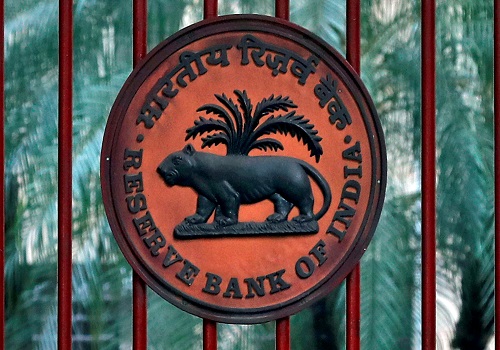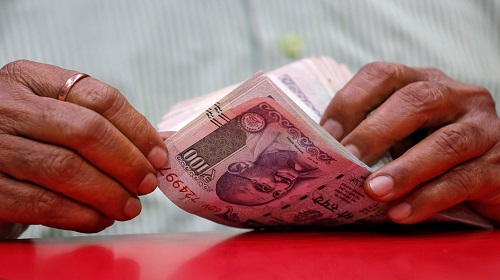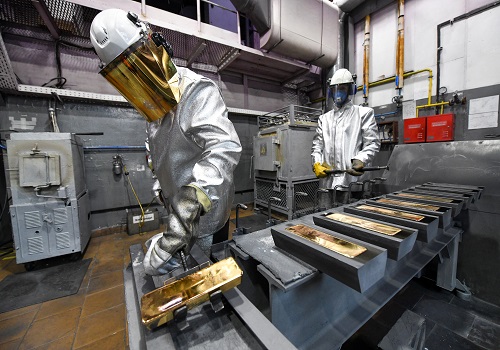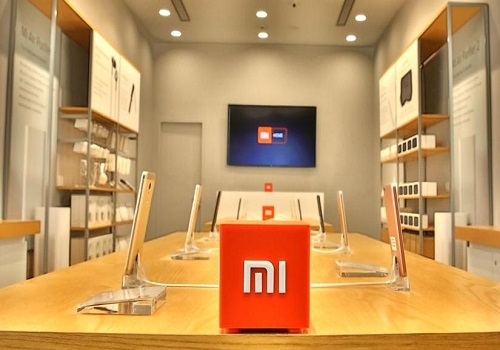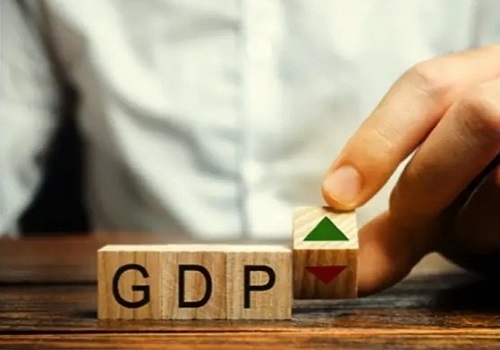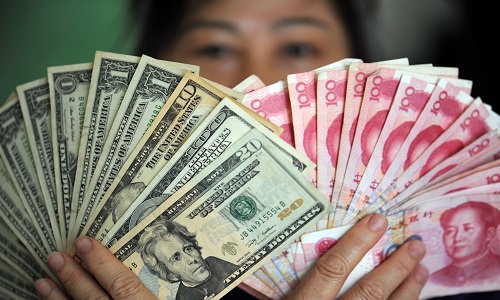Factory data dampen global hopes for 'soft landing'
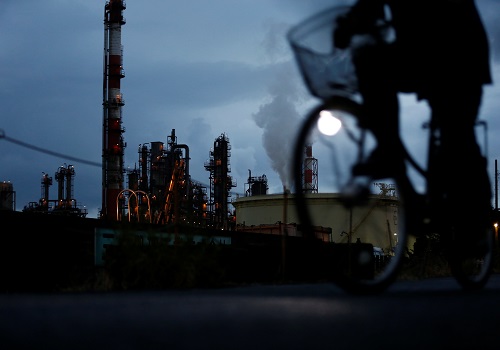
Follow us Now on Telegram ! Get daily 10 - 12 important updates on Business, Finance and Investment. Join our Telegram Channel
LONDON/TOKYO/WASHINGTON - Global manufacturing struggled in June as higher prices and a darker economic outlook left consumers wary of making purchases, while China's strict COVID-19 lockdowns and Russia's invasion of Ukraine added to supply chain disruptions, surveys showed.
From the United States to the euro zone, activity at factories slowed to levels last seen during the initial wave of the pandemic. They were the latest signs pointing to the risk of all-out recession in the global economy, coming after the world's top chipmakers said they were facing waning demand and as central bankers warned of painful interest rate hikes ahead.
"Between central banks digging their heels in to counter inflation and growing fears there is absolutely no path to a soft landing for the global economy, there are few, if any, places to hide," said Stephen Innes at SPI Asset Management.
The slowdown in the United States was accompanied by declines in new orders and employment. The Institute for Supply Management's index of national factory activity dropped to 53.0 last month, the lowest reading since June 2020, from 56.1 in May. Its measure of new orders contracted for the first time in two years, while employment remained weak.
The picture was equally gloomy in the euro zone, where manufacturing output also slowed. S&P Global's manufacturing Purchasing Managers' Index (PMI) fell to 52.1 in June from May's 54.6, its lowest level since August 2020.
"We doubt the outlook for manufacturing will improve any time soon," said Andrew Hunter, a senior U.S. economist at Capital Economics. "While the latest PMI surveys from China suggest manufacturing activity there is rebounding rapidly as lockdowns are lifted, that acceleration is unlikely to be sustained."
Earlier, surveys showed China's factory activity recovering in June, though a slowdown in Japan and South Korea, as well as a contraction in Taiwan, highlighted the strain from supply disruptions, rising costs and persistent material shortages.
At a meeting of central bank chiefs in Portugal this week, Federal Reserve Chair Jerome Powell and European Central Bank President Christine Lagarde made it clear that bringing down high inflation could hurt badly but must be done quickly to prevent rapid price growth from becoming entrenched.
Evidence from the real economy suggests that higher prices are already biting into consumer and corporate demand.
Micron Technology Inc sounded the latest warning from the world's chipmakers, forecasting worse-than-expected revenue for the current quarter, noting that the market had "weakened considerably in a very short period of time."
Facebook-owner Meta Platforms Inc has cut plans to hire engineers by at least 30% this year, CEO Mark Zuckerberg told employees on Thursday.
"If I had to bet, I'd say that this might be one of the worst downturns that we've seen in recent history," Zuckerberg told workers in a weekly employee Q&A session, audio of which was heard by Reuters.
'TUG OF WAR'
A Reuters poll of economists last month found there is a 40% chance of a recession in the United States over the next two years, with a 25% chance of it happening in the coming year.
"There's hope China's economy will pick up after a period of some weakness. But now there's a risk of slowdown in the U.S. and European economies," said Yoshiki Shinke, chief economist at Japan's Dai-ichi Life Research Institute.
"It will be a tug of war between the two, though there's a lot of uncertainty over the global economic outlook."
China's Caixin/Markit manufacturing PMI rose to 51.7, marking the first expansion in four months and well above analysts' expectations for a reading of 50.1.
The Caixin survey, which focused on export-oriented and small firms in coastal regions, follows official data showing the country's factory and service sectors snapped three months of activity decline in June.
China's economy has started to chart a recovery path out of the supply shocks caused by its strict lockdowns, though risks remain such as diminished consumer spending and fear of a further wave of infections.
Meanwhile, the final au Jibun Bank Japan Manufacturing PMI slipped to 52.7 in June from 53.3 in the previous month.
South Korea's S&P Global PMI fell to 51.3, dropping for a second straight month, reflecting supply constraints and a truckers' strike.
Separate data showed South Korean exports, seen as a proxy for global trade because its manufacturers are positioned in many parts of the world supply chain, growing at their slowest pace in 19 months.
India's PMI showed factory output expanded at its slowest pace in nine months, as elevated price pressures restricted demand and output.

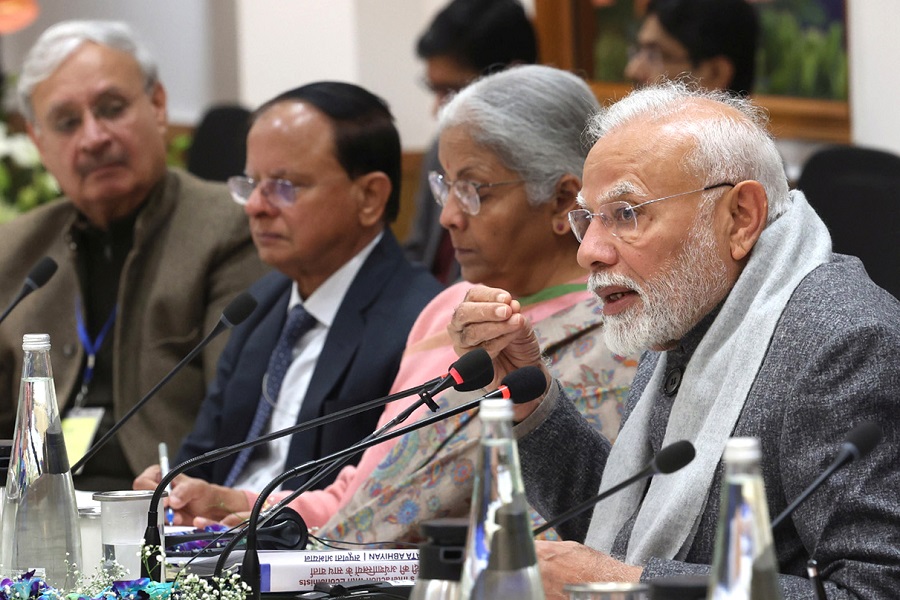




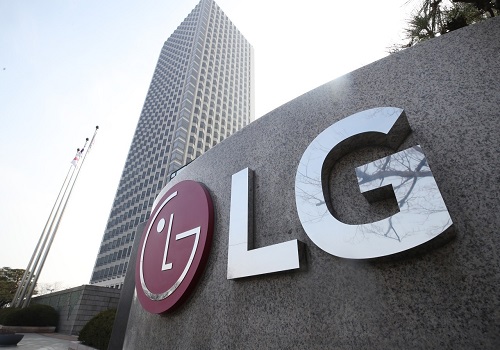





 320-x-100_uti_gold.jpg" alt="Advertisement">
320-x-100_uti_gold.jpg" alt="Advertisement">


